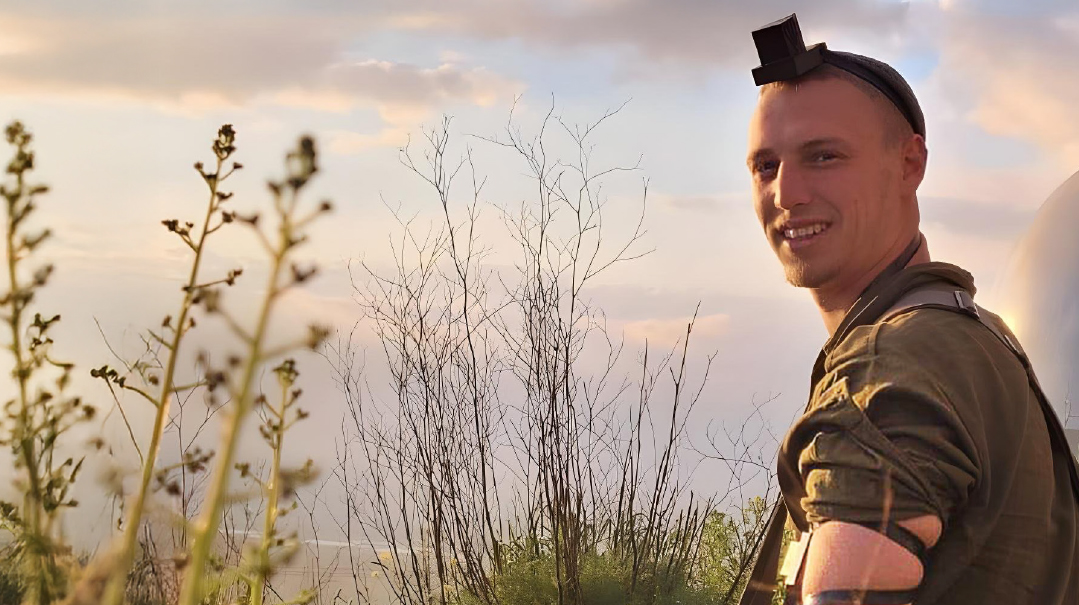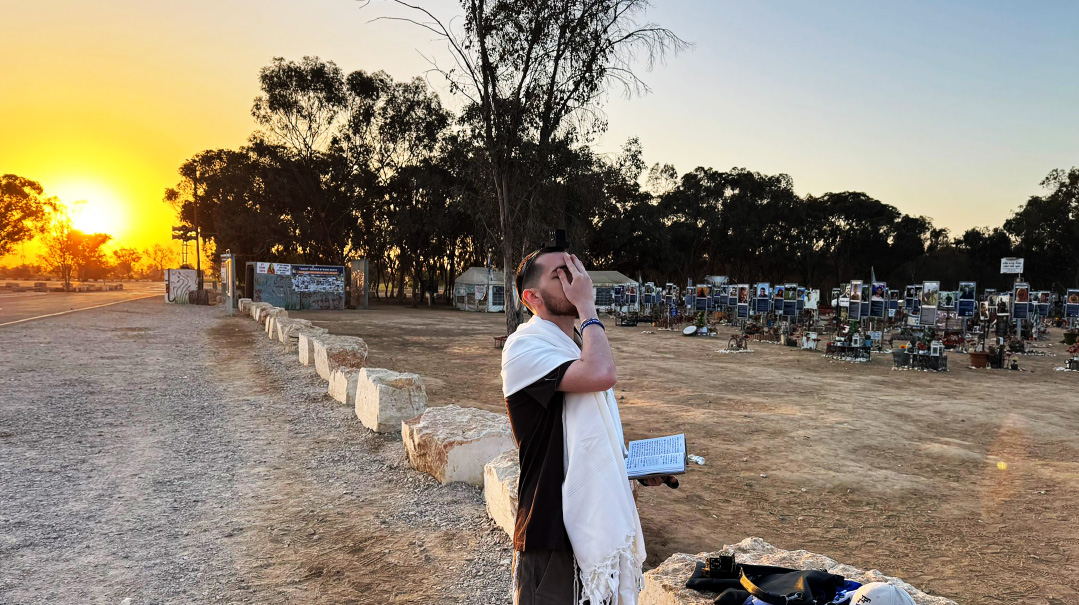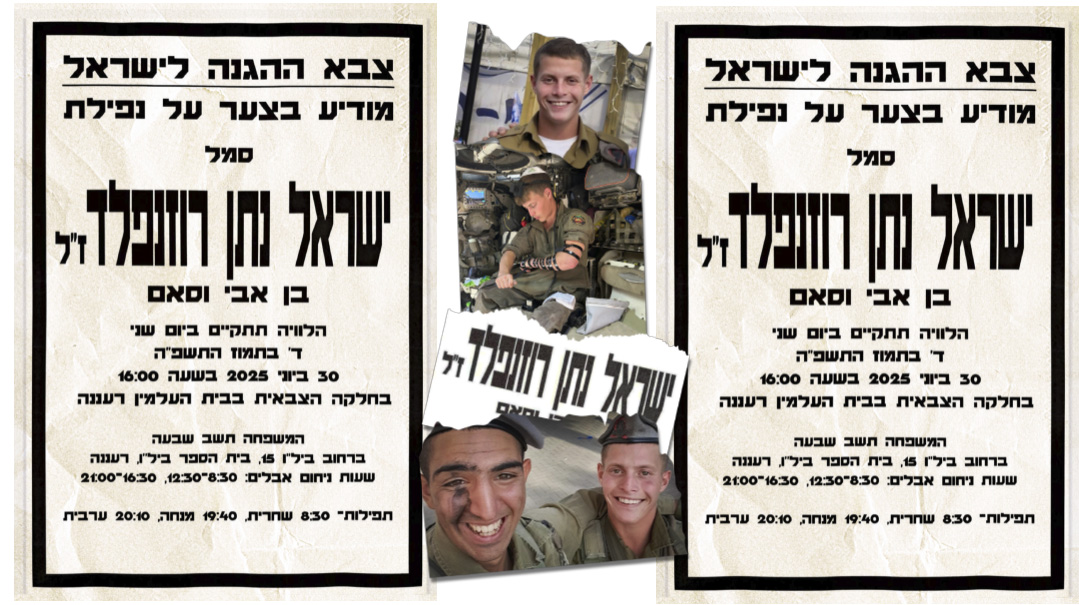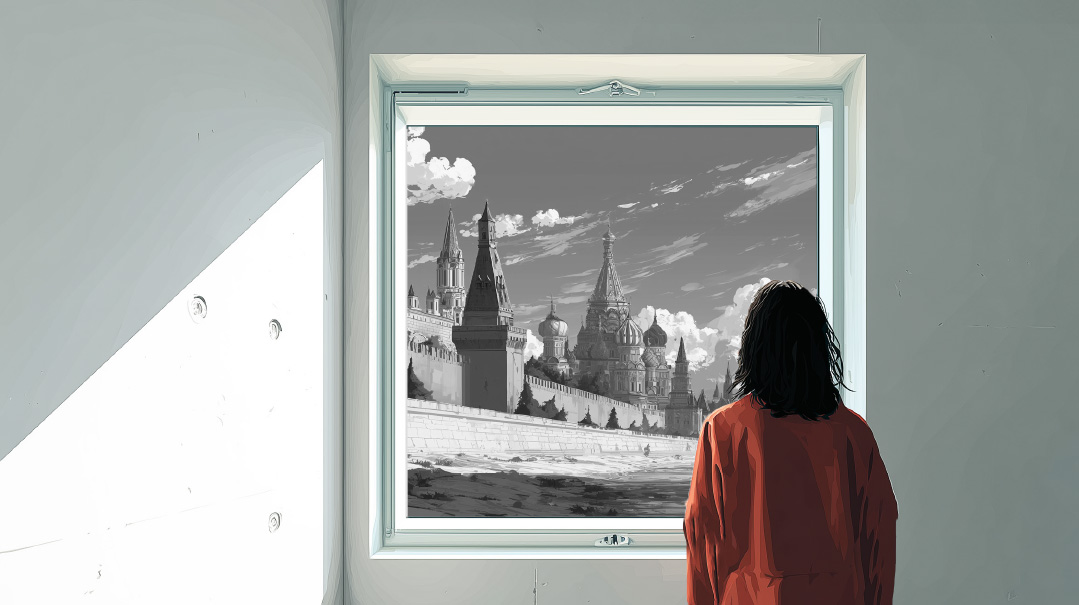The Mouths of Babes
| December 24, 2024Of course, my children know about the war; we live in Israel! We’ve had to run for shelter! But…
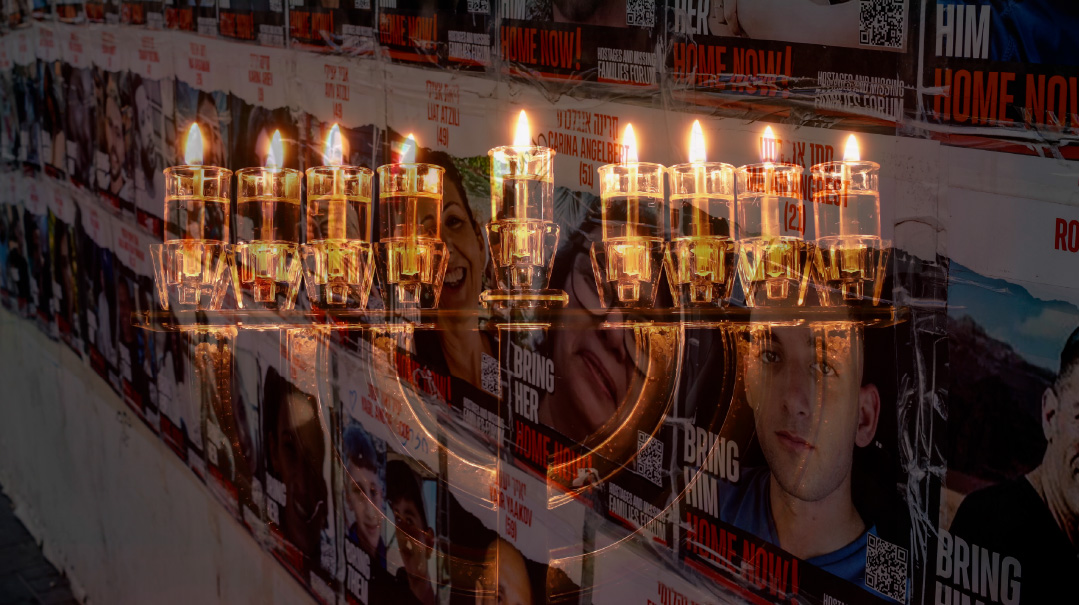
MY
children are young. I mean, they’ve thought they were grown-up pretty much from the moment they were able to process independent thought, bless ’em. But I think they’re young.
I also thought they were sheltered. The only media exposure we have in our house is via the frum magazines. And they can’t read English yet. Or rather, those that have reluctantly learned are far too Israeli to voluntarily pick up any written material in English.
Of course, my children know about the war; we live in Israel! We’ve had to run for shelter! But… we live in Bet Shemesh, where it’s relatively quiet (apart from the occasional siren).
This is how we’ve been framing the war: “The Aravim killed some Yehudim and tried to come into Eretz Yisrael, and Hashem helped us to stop them. And we have to keep davening so we can finish the war completely and no more Yidden get hurt.”
“But what if the Aravim are matzliach?” six-year-old Aron asked me.
“The Nazim weren’t matzliach, the Czarim weren’t matzliach, the Romaim weren’t matzliach, the Yevanim weren’t matzliach, Amalek and Eisav and Yishmael were never menatzeiach over Am Yisrael, and Hashem won’t let it happen this time.”
“Miskeinim that the goyim don’t be meivin that,” said Aron wisely, in true Hebreish.
I thought that settled matters.
But last week, Aron said, “I don’t understand the inyan of the chatufim.”
“What don’t you understand?” I asked carefully, knowing that whatever it was, I’d have no explanation.
“How can we win the war if they keep kidnapping Yehudim?”
“What do you mean, keep kidnapping Yidden?” I was confused.
“All those pictures of the chatufim,” Aron explained. “They must keep kidnapping people if there are so many pictures of chatufim. And also,” he said, “how can we know that they’re not going to kidnap us?”
It took me a moment to realize what my little boy was saying. He thought the posters of hostages were constantly being renewed; that people were still being grabbed off the streets and taken to Gaza. He’d lived with this confused understanding for a year, with no certainty that any of us were safe.
“Aron,” I said, taking a deep breath, “sweetie, no, no, no. All the chatufim were taken on Simchas Torah last year. Since then Hashem has helped us to fight them and there are no new chatufim. There are no more Aravim breaking into Eretz Yisrael like they did on Simchas Torah. Hashem is helping us win them.”
Aron thought for a moment. Then: “WHAT? There are Yehudim who have been in Aza for MORE THAN A YEAR? In AZA?” His mouth dropped open. “But Mommy! Where are they! Who’s looking after them? Why don’t the chayalim find them? How can they be there for SO LONG?”
I couldn’t speak. It was a good thing, too, because there was really nothing to say, other than, Why am I no longer as horrified as he is? Why have I on some level gotten used to this horror?
We said some Tehillim together for the chatufim, but the image of his shocked little face stayed with me.
Then my five-year-old daughter said, “Anyway, are Aravim completely bad?’
“What?!” I was even more shocked. “Yes, they are! They’re throwing bombs at us! They’re evil!”
She shrugged. “So why do they always do a siren for us before the til comes? That way we can get to the mamad in time, and the til doesn’t hurt anyone.”
“Oh gosh, my darling, oh my goodness! It’s not the Aravim who sound the siren, it’s the Yehudim! The Yehudim see a til being sent from Aza, or Levanon, or Iran, and before it gets here, the government sends a siren so we can all be safe before it hits Eretz Yisrael!”
“Ohhh,” she said slowly. “I thought maybe the Aravim just did the sirens to be nivhal us [to scare us].”
I thought that cleared things up, but my kids weren’t done.
It’s a few days later, and my eight-year-old comes up to me brandishing a school map delineating the borders of ancient Eretz Yisrael. “Look,” she says, “Damesek is included in it. And also, the Nachal Litani in Levanon. And Jordan. That’s because when Mashiach comes, it’s all going to be part of Eretz Yisrael.”
“Right,” I say, thinking, how does she know about the Litani River?
“So Mommy,” she continues, “show me about Syria. There are Aravim coming from there now, right? They got Aleppo, then Hama, and they said they’re coming to Damesek.” She points to the map in horror. “That’s right near Eretz Yisrael!” She gives me a worried look for a moment, then, with characteristic Israeli verve, rallies angrily: “The whole world! The whole world wants to fight us! What’s their problem?”
I shake my head, because I really don’t have an answer.
My kids look at one another. “B’emet,” Aron says, shaking his head, “it’s too bad for them. They have nothing — okay, soldiers, bombs, tankim — but they have lots of that nothing, and we have Hashem.” He smiles in satisfaction.
My daughter laughs. “Just wait. They’re going to be so surprised when they lose again. Miskeinim, they don’t realize that no one has ever won over the Yehudim, because we have Hashem!” The kids laugh together, shaking their heads at our enemies’ foolishness.
I watch my children abandon the map and run off to play. It’s true, there’s a lot they don’t understand properly. In some ways they’re still small. But I’m wrong in other ways about their level of understanding, and how sheltered I thought they were.
There are some things they understand with a firmer clarity than I do.
(Originally featured in Family First, Issue 924)
Oops! We could not locate your form.

